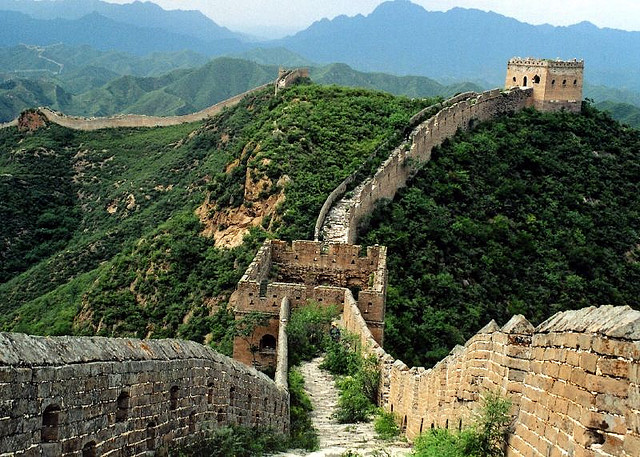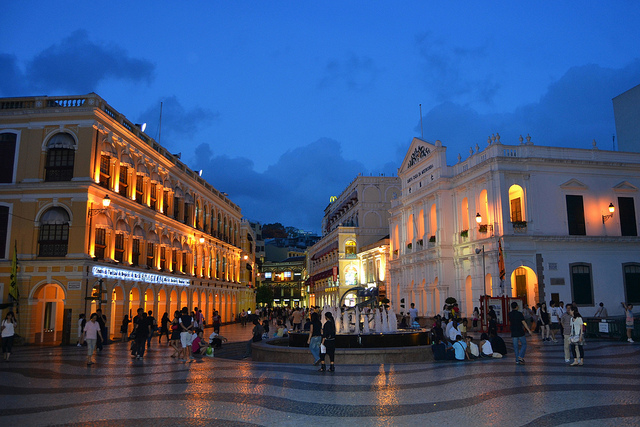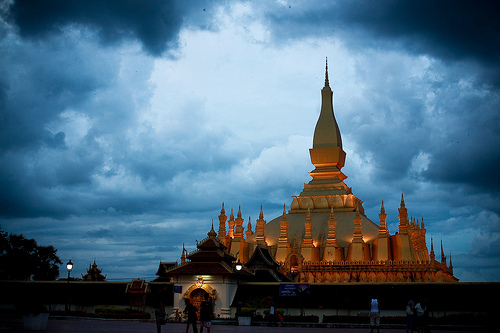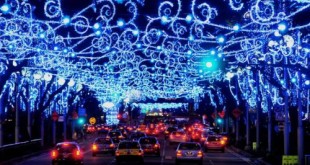China has only a few holidays, but each one could easily eat up two or three, even seven days, that the Chinese take advantage of to travel domestically (thus shoring up the local economy). The holidays are often switched to the nearest weekday to make one long weekend, so that it is common for holidays to fall on a Friday or a Monday. It is also not uncommon for workdays to shift to weekends, as the weekday to the nearest holiday is swapped with the weekends to make the most of these days-off. Hence, if a holiday is a Wednesday, Thursdays and Fridays are declared as “weekends” and Saturdays and Sundays as working days.
Below is China public holidays 2014.
New Year’s Day – Wednesday to Friday, 1 to 3 January 2014
Despite China’s adherence to its traditional calendar, it celebrates the start of the Gregorian New Year on this day much like the rest of the Western world celebrates this occasion. Since the New Year’s Day starts on a Wednesday, the following two days are “weekends” while the actual weekends are working days.
Chinese New Year – Thursday to Wednesday, 30 January – 5 February 2014
The actual date of the first day of the first lunar month is on January 31, but in practice, holidays already start the day before and trail off several days after. The Chinese New Year is understandably the largest of the Chinese holidays, and it is not uncommon for celebrations to go on until the 15th day, when the Chinese celebrate the Lantern Festival, although only the first five days are recognized as official holidays. The Chinese has plenty of traditions to welcome the coming New Year, including the wearing of red-colored clothes, the performance of dragon and lion dances in the public, the giving of “ang pao” to children, and of course, the noisy celebrations that follow afterwards involving firecrackers which are believed to ward off evil. It is customary on these days to eat round, sticky and sweet food which signifies and invokes the deities for closeness in the family, a sweet life for the coming year, and good fortune in business for more money to come in.
Qingming – Friday to Sunday, 4 to 6 April 2014
The actual date of the Tomb Sweeping day is on April 5, but since this is a Saturday, the date is swapped with Friday to make one long weekend. On this day, families remember their departed by cleaning their graveyards. Families troop to the cemeteries together to weed and paint tombstones, and offer prayers, food and incense to the deceased. The Chinese also take this time to go outdoors and hike in the hills, and even fly kites in the shape of animals and characters from Chinese opera.
May Day – Thursday to Saturday, 1 to 3 May 2014
On this day, the social and economic contributions of Chinese workers are honored and celebrated with parades and programs in keeping with the international tradition of honoring the labor force.
Dragon Boat – Saturday to Monday, 31 May to 2 June 2014
June 2 is the actual date of the Dragon Boat Festival. To honor the memory of the national poet Qu Yuan, the Chinese hold dragon boat races to remember the attempt of rescuing the scholar from drowning. Dumplings are also eaten to remember the rice thrown into the water to dissuade the river fishes from eating the poet. The Chinese also drink realgar (arsenic sulfide mineral) wine and paint children’s foreheads with leftover wine on this day, an ancient practice that may soon have to be done away with due to the harmful nature of the traditional drink.
Mid-Autumn Festival – Saturday to Monday, 6 to 8 September 2014
Celebrated on the 15th day of the eighth month in the lunisolar calendar, the actual date of this harvest festival is on September 8. Also known by its variant name Mooncake Festival, the Mid-Autumn Festival is an opportunity for the Chinese to come together and gather at their ancestral homes; give thanks to a bountiful rice and wheat harvest; pray for good health, a happy union, a fruitful year; and worship the moon. It is on this day that mooncakes are popular, which the people eat while watching the moon, a symbol of harmony and unity among the ancient Chinese. There are also lion and dragon dances that are held in southern China, and even the lighting of lanterns on towers or floating them skyward.
National Day – Wednesday to Tuesday, 1 to 7 October 2014
One of the largest events in China outside of the Spring Festival or Chinese New Year, the National Day commemorates the founding of the People’s Republic of China which took place on September 21, 1949. It was, however, only on October 1, 1949 that the celebrations were made formal at Tiananmen Square. To celebrate this day, a military review and parade is held at the square, with many other parades taking place in Beijing. This is followed by a flag-raising ceremony and cultural program that culminates in fireworks display, the last being a nationwide event taking place in all cities.



